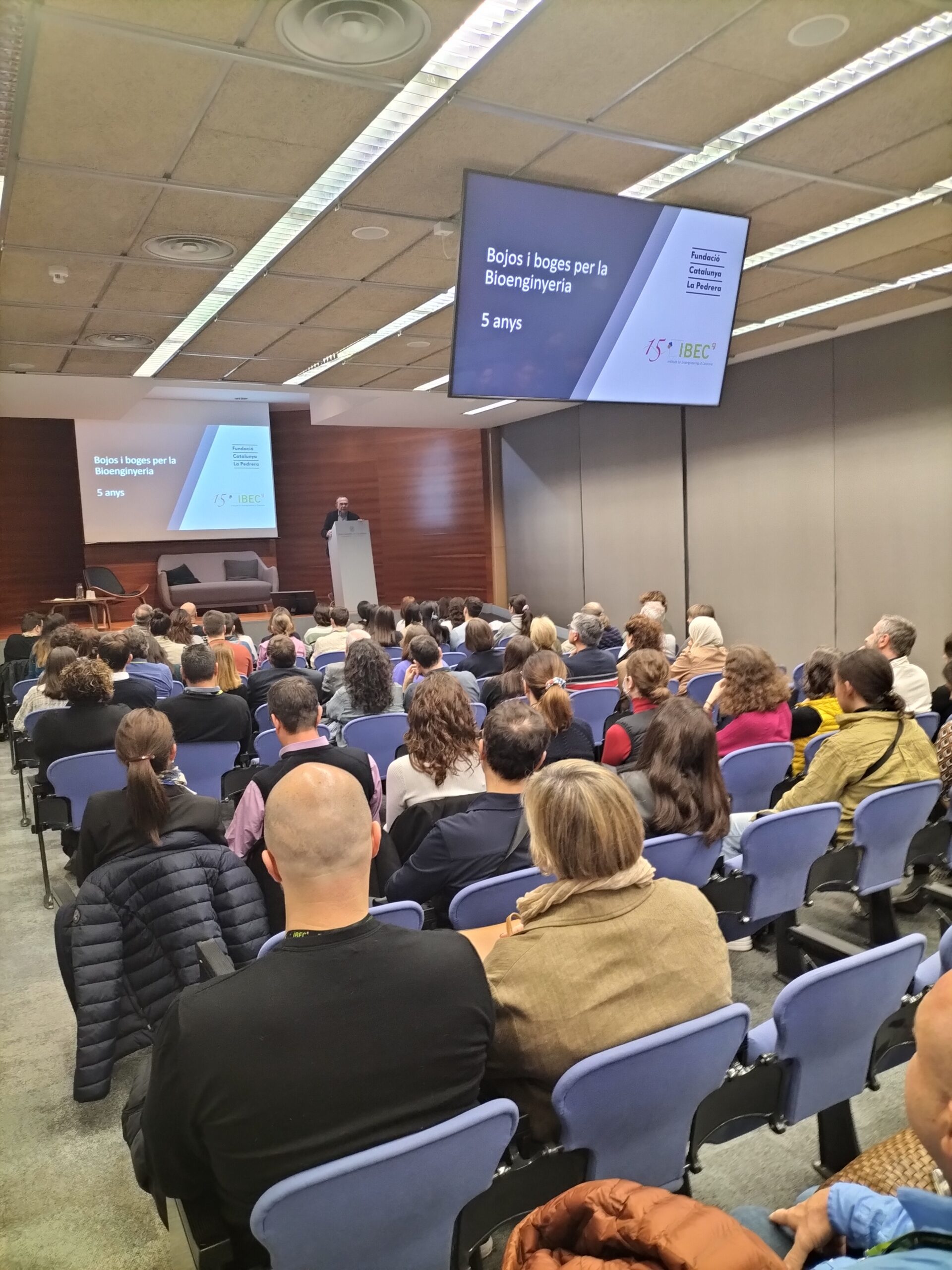“Mummy, when I grow up I want to wear a white lab coat.” The Bojos i Boges per la Bioenginyeria celebrates five years of program with an emotional event.
Five years ago, we started participating in the Bojos per la Ciència program, an initiative aimed for first-year high school students with a scientific vocation interested in STEM careers. Organized … Read more



